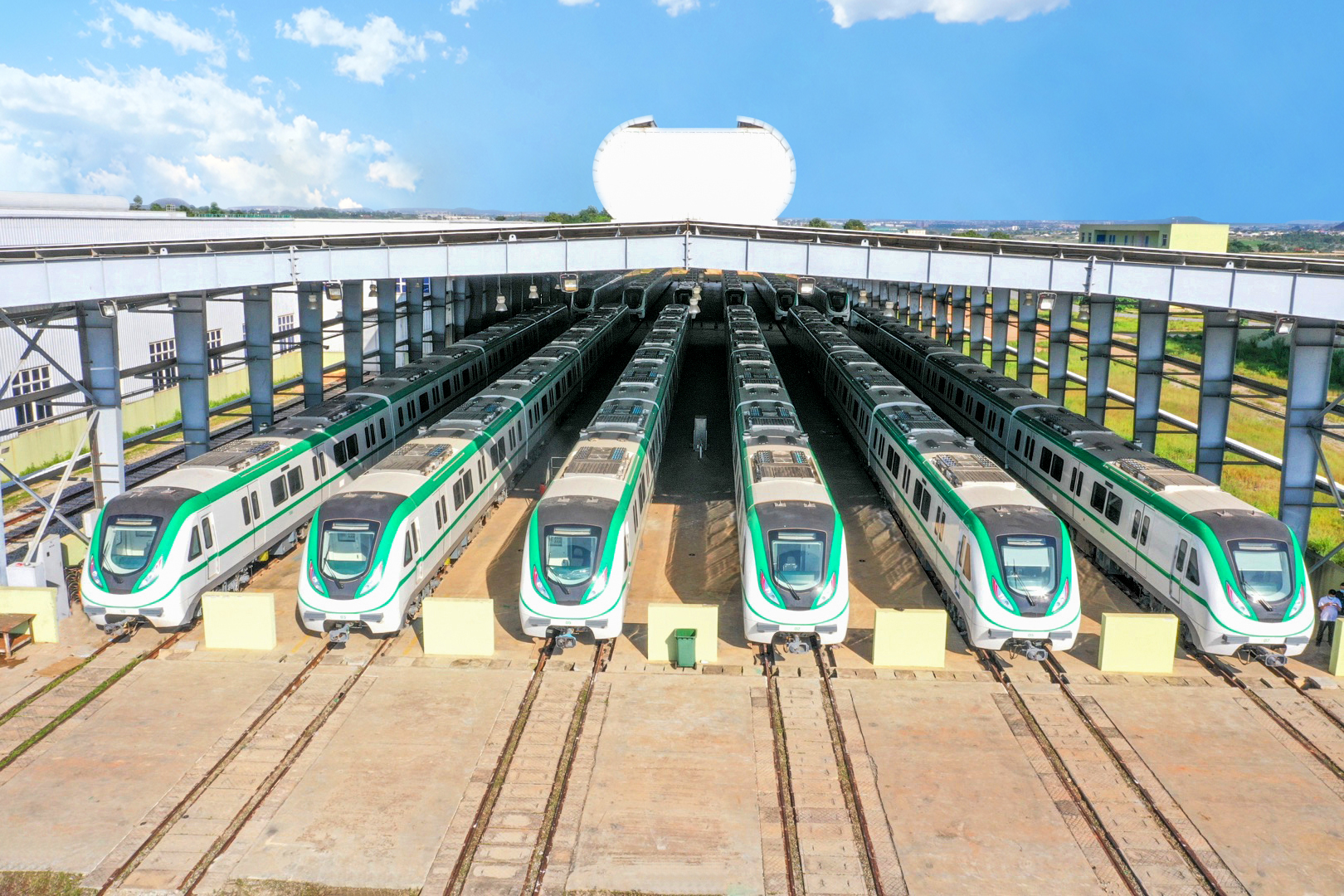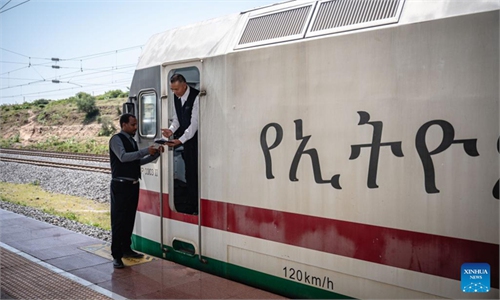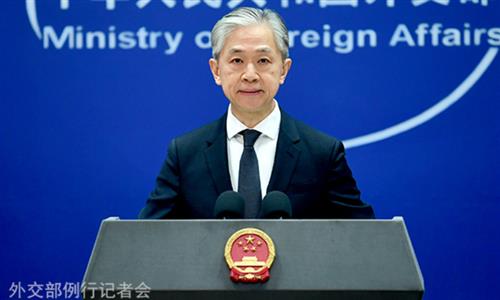China’s advanced railway technology, equipment drive economic growth of BRI partner countries

Abuja Rail Mass Transit Phase-1 units are ready to go
China's railway industry continues to expand operations abroad, driving the development of transportation in many countries and regions, showcasing the Chinese sector's technological maturity.
Abuja Rail Mass Transit Phase-1, the first urban rail transit line in Abuja, Nigeria's capital, officially entered commercial operations on Wednesday with upgraded diesel multiple units exported from China, China Civil Engineering Construction Corporation said.
The project consists of two lines, the 18-kilometer Lot 1A and the 27-kilometer Lot 3, with a total length of about 45 kilometers, dotted with 12 stations and one depot.
The transit marks another significant infrastructure project under the Belt and Road Initiative framework in Africa.
Funding for the project is primarily supported by China, with 60 percent of construction funding and 85 percent of the rolling stock procurement funds provided by the Export-Import Bank of China.
China is committed to advancing high-quality railway construction in Belt and Road Initiative (BRI) partner countries, catering to their diverse urban transit needs and providing modern amenity for local people, Sun Zhang, a railway expert from Shanghai Tongji University, told the Global Times on Thursday.
China's railway technology and equipment exports are driving comprehensive advancement of infrastructure in BRI partner countries. Chinese companies have identified a high-quality method for coordinated urbanization development by adapting the needs of partner countries, helping boost their economic growth too, Sun said.
In another development, CRRC Changchun Railway Vehicles signed a contract to export 24 metro trains to Belo Horizonte, Brazil, on Tuesday, which will effectively enhance the urban rail transit service level in Belo Horizonte, injecting new momentum into the pragmatic cooperation between China and Brazil, the company said.
The 24 metro trains signed in the agreement are capable of autonomous driving, with an operating speed of up to 80 kilometers per hour.
"China's railway technology is leading the world, incorporating top-caliber autonomous driving solutions, which are useful in addressing labor shortages in some countries," Sun noted.
Global Times



